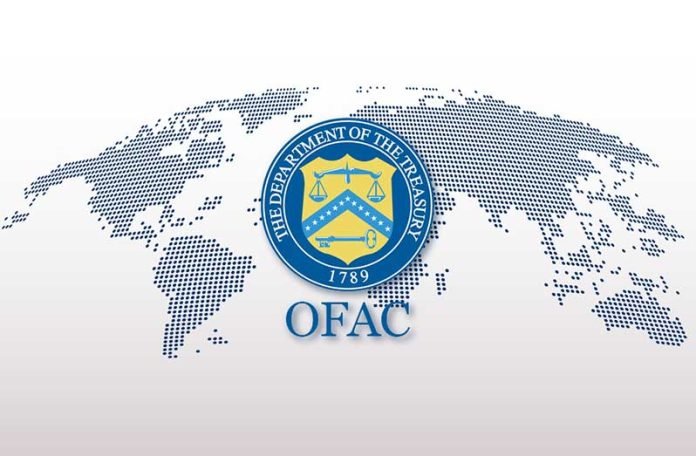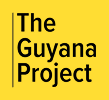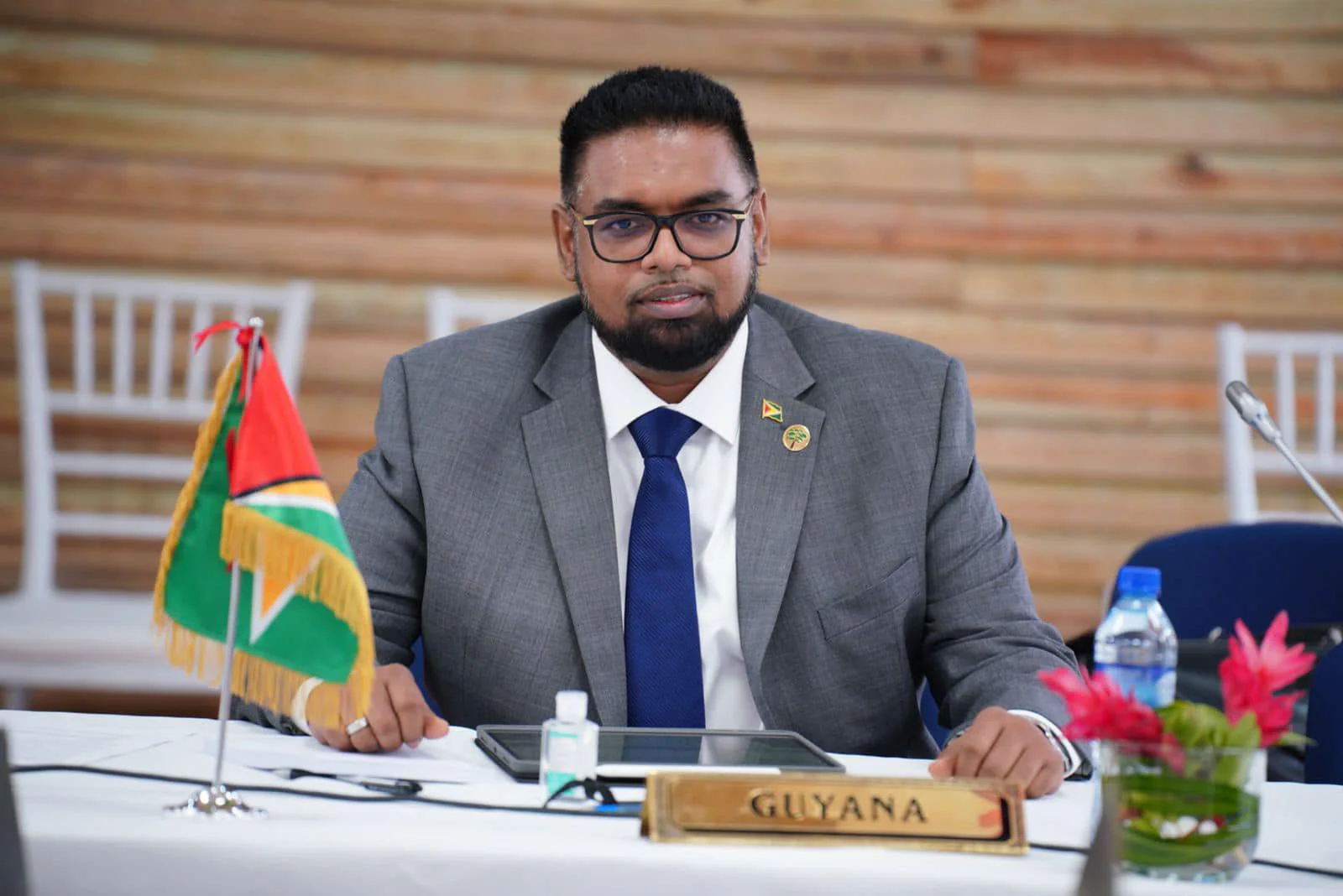Close

The Office of Foreign Assets Control (OFAC) of the United States Department of the Treasury has reaffirmed that non-U.S. persons could also face sanctions if they provide material support to individuals or entities already subject to U.S. restrictions. The clarification was recently communicated in correspondence shared by representatives of a sanctioned business family (U.S. Department of the Treasury).
According to OFAC, unless exempted or licensed, U.S. persons are prohibited from engaging in transactions with sanctioned individuals or companies. Non-U.S. persons, while outside U.S. jurisdiction, also face exposure to sanctions if their activities are deemed to involve material support to designated parties. This principle reinforces the broad reach of U.S. financial regulations in targeting money laundering, corruption, and related activities (OFAC Guidance).
The sanctions in question were imposed in June 2024, covering specific individuals and their affiliated businesses in connection with alleged gold smuggling and corruption. Following the announcement, Guyanese authorities rescinded the affected businesses’ licences, while several local and international banks moved to close associated accounts to ensure compliance with Anti-Money Laundering and Countering the Financing of Terrorism (AML/CFT) standards (Government of Guyana).
The issue has gained renewed attention as a political organisation led by a member of the sanctioned family prepares to contest the September 2025 general and regional elections. Several candidates of the party have also reported bank account closures, citing concerns over their association with sanctioned individuals. In response, OFAC clarified that while sanctions do not extend to individuals solely for their association, banks and other entities retain discretion to apply their own compliance measures (OFAC Guidance).
Local financial institutions have pointed to their obligations under international banking regulations, particularly regarding “politically exposed persons” (PEPs), who are subject to enhanced scrutiny due to potential risks of illicit financial activity. Party representatives, however, have described the closures as politically motivated and have threatened legal action against the institutions involved (Department of Public Information).
The situation has been further complicated by reports of interactions between members of the sanctioned family and the Venezuelan Embassy in Georgetown. Given the ongoing territorial dispute between Guyana and Venezuela, these developments have prompted close attention from both domestic and international observers (Ministry of Foreign Affairs).
The matter underscores the far-reaching implications of U.S. sanctions policy, the compliance challenges for local institutions, and the heightened scrutiny placed on political and financial activities in Guyana’s evolving landscape (U.S. Department of the Treasury).

The Guyana Project is an independent media platform delivering fact-checked, ground-level reporting on politics, economy, and public life in Guyana. With a focus on transparency and development, we bring unfiltered news and thoughtful analysis to help shape a more informed, forward-looking nation.

OFAC Reiterates Sanctions Risks for Non-U.S. Persons Supporting Designated Individuals

Lorem Ipsum is simply dummy text of the printing and typesetting industry. Lorem Ipsum has been the industry’s standard dummy text ever since the 1500s, when an unknown printer took a galley of type and scrambled it to make a type specimen book. It has survived not only five centuries, but also the leap into electronic typesetting, remaining essentially unchanged. It was popularised in the 1960s with the release of Letraset sheets containing Lorem Ipsum passages, and more recently with desktop publishing software like Aldus PageMaker including versions of Lorem Ipsum.
t is a long established fact that a reader will be distracted by the readable content of a page when looking at its layout. The point of using Lorem Ipsum is that it has a more-or-less normal distribution of letters, as opposed to using ‘Content here, content here’, making it look like readable English. Many desktop publishing packages and web page editors now use Lorem Ipsum as their default model text, and a search for ‘lorem ipsum’ will uncover many web sites still in their infancy. Various versions have evolved over the years, sometimes by accident, sometimes on purpose (injected humour and the like).
Contrary to popular belief, Lorem Ipsum is not simply random text. It has roots in a piece of classical Latin literature from 45 BC, making it over 2000 years old. Richard McClintock, a Latin professor at Hampden-Sydney College in Virginia, looked up one of the more obscure Latin words, consectetur, from a Lorem Ipsum passage, and going through the cites of the word in classical literature, discovered the undoubtable source. Lorem Ipsum comes from sections 1.10.32 and 1.10.33 of “de Finibus Bonorum et Malorum” (The Extremes of Good and Evil) by Cicero, written in 45 BC. This book is a treatise on the theory of ethics, very popular during the Renaissance. The first line of Lorem Ipsum, “Lorem ipsum dolor sit amet..”, comes from a line in section 1.10.32.